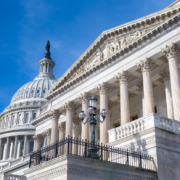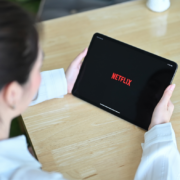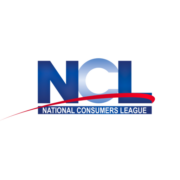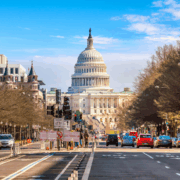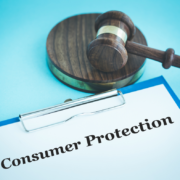By Nancy Glick, Director of Food and Nutrition Policy at the National Consumers League
“American exceptionalism,” the idea that the United States is a unique nation rooted in democracy and liberty, dates back to the country’s founding. In fact, the colonial writer Thomas Paine described America as an exceptional civilization in his 1776 pamphlet Common Sense.
But now, there is a different form of American uniqueness – American exceptionalism 2.0 – that is not lofty and puts the U.S. at odds with the health recommendations of most other nations. Grounded in the view of Health and Human Services (HHS) Secretary Robert F. Kennedy Jr. that “we need to stop trusting the experts,” American exceptionalism 2.0 assumes past scientific evidence was wrong and America needs a reset in health and environmental policy. Over the past year, sweeping changes have followed, impacting the health of the nation – from the Environmental Protection Agency (EPA) erasing decades of climate and air pollution rules to HHS reducing the number of vaccines recommended for children from 11 to 18 without following established procedures for making such changes.
The newest result is the release of the Dietary Guidelines for Americans- 2025-2030, which HHS Secretary Kennedy and Agriculture Secretary Brooke Rollins assert is “the most significant reset of federal nutrition policy in decades.” They are right.
Sidestepping the 400-plus page 2025 Dietary Guidelines Advisory Committee (DGAC) Report finalized in December 2024, the Secretaries dismissed its findings and assembled a different panel of scientists, seven of whom had ties to the dairy and meat industries. The resulting report omits more than half of DGAC’s recommendations and presents an upside-down food pyramid that nutrition and public health organizations says fails to translate nutrition science into clear dietary guidance.
To be clear, some aspects of the dietary guidelines are widely supported. They retain recommendations to drink more water, eat more fruits and vegetables, and choose whole over refined grains. The big call-out is the recommendation to reduce the consumption of ultra-processed foods and sugar-sweetened beverages –because these products have little nutritional value, and have high amounts of salt, sweeteners, and unhealthy fats. According to new estimates from the Centers for Disease Control and Prevention (CDC), 55 percent of Americans’ calories come from ultra-processed foods, increasing the risk for diet-related chronic diseases.
Yet, NCL joins other consumer, public health, and medical societies in raising the alarm that ending what the Trump Administration calls “the war on protein” and promoting red meat and full-fat dairy will push consumers beyond recommended limits for sodium and saturated fats. Nutrition experts caution that advising people to consume 1.2 to 1.6 grams of protein per kilogram of body weight daily – meaning eating protein at every meal – would double the previously recommended daily allowance of 0.8 grams.
The new guidelines also abandon longstanding advice on drinking alcohol, which previously recommended limiting daily consumption to one or two drinks, with an explanation of what this means for beer, wine, and distilled spirits. Instead, they use vague language such as “consume less alcohol” without distinguishing between men and women, who metabolize alcohol differently, or cautioning against underage drinking.
Dr. Mehmet Oz, the Administrator of the Centers for Medicare & Medicaid Services (CMS), justified the approach, calling alcohol a “social lubricant that brings people together.” But, putting people’s social life ahead over public health ignores the that excessive alcohol use contributes to about 178,000 deaths annually; causes various cancers, heart and liver diseases, and other chronic conditions; and costs the U.S. economy approximately $249 billion each year, according to the CDC.
Since 1980, the Dietary Guidelines have been issued every five years to impart the latest science-based dietary advice. But this time, HHS and USDA threw out the old rulebook.
As RFK Jr. said at the press conference I attended, “medical orthodoxies have to be challenged.” But challenging science without credible, evidence-based justification raises serious concerns—especially when powerful industry interests, including beef, dairy, and alcohol lobbies, were prominently present and seemingly influential in shaping this new, upside-down dietary guidelines pyramid. This approach risks prioritizing politics and profit over public health.
For American consumers, the stakes could not be higher. These changes threaten to weaken long-standing public health protections and undermine trust in science-based guidance. NCL will continue to raise these concerns and advocate for policies grounded in sound science, transparency, and consumer well-being. The real question now is whether this break from scientific norms will improve public health—or put it at risk. Time will tell.

